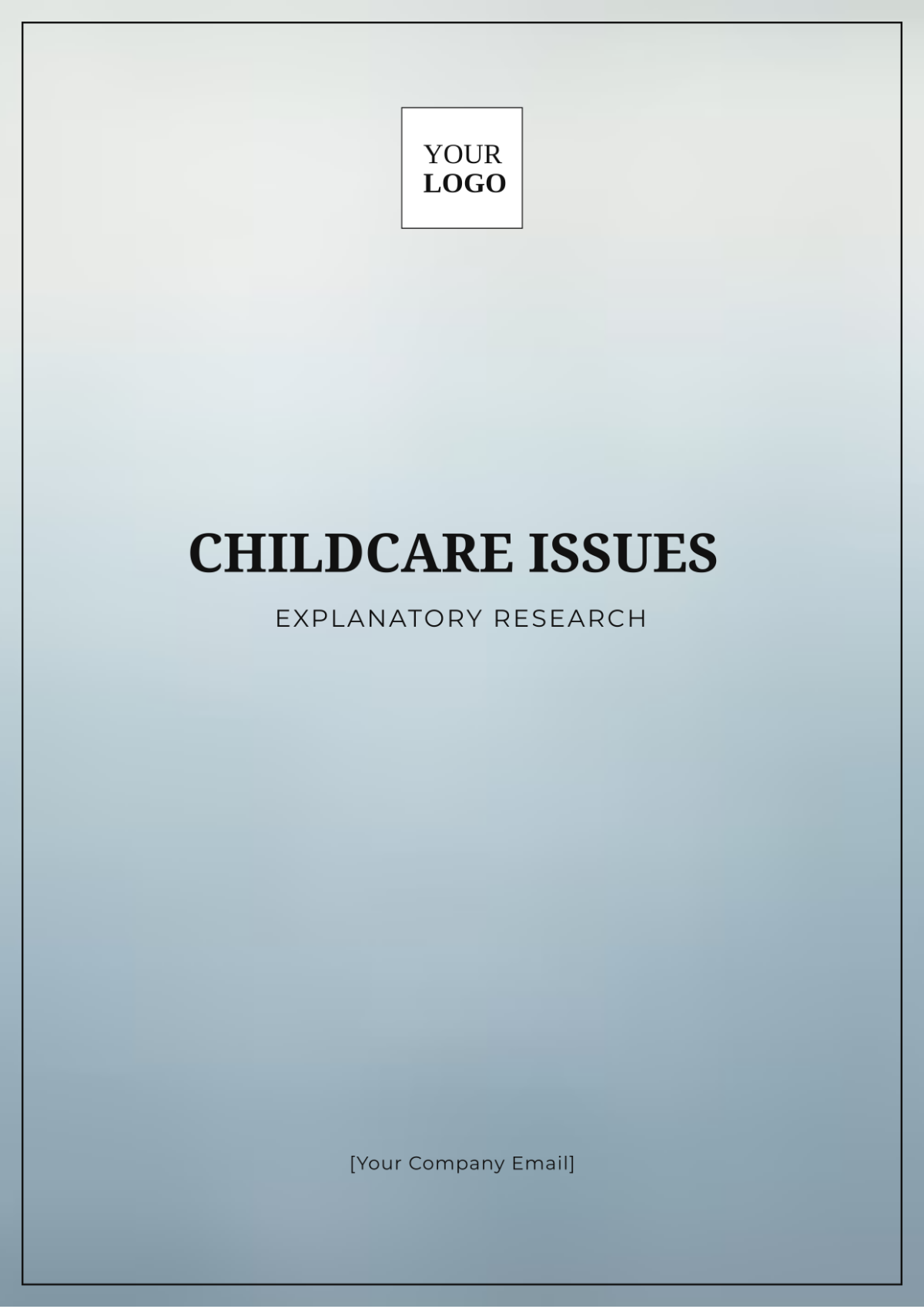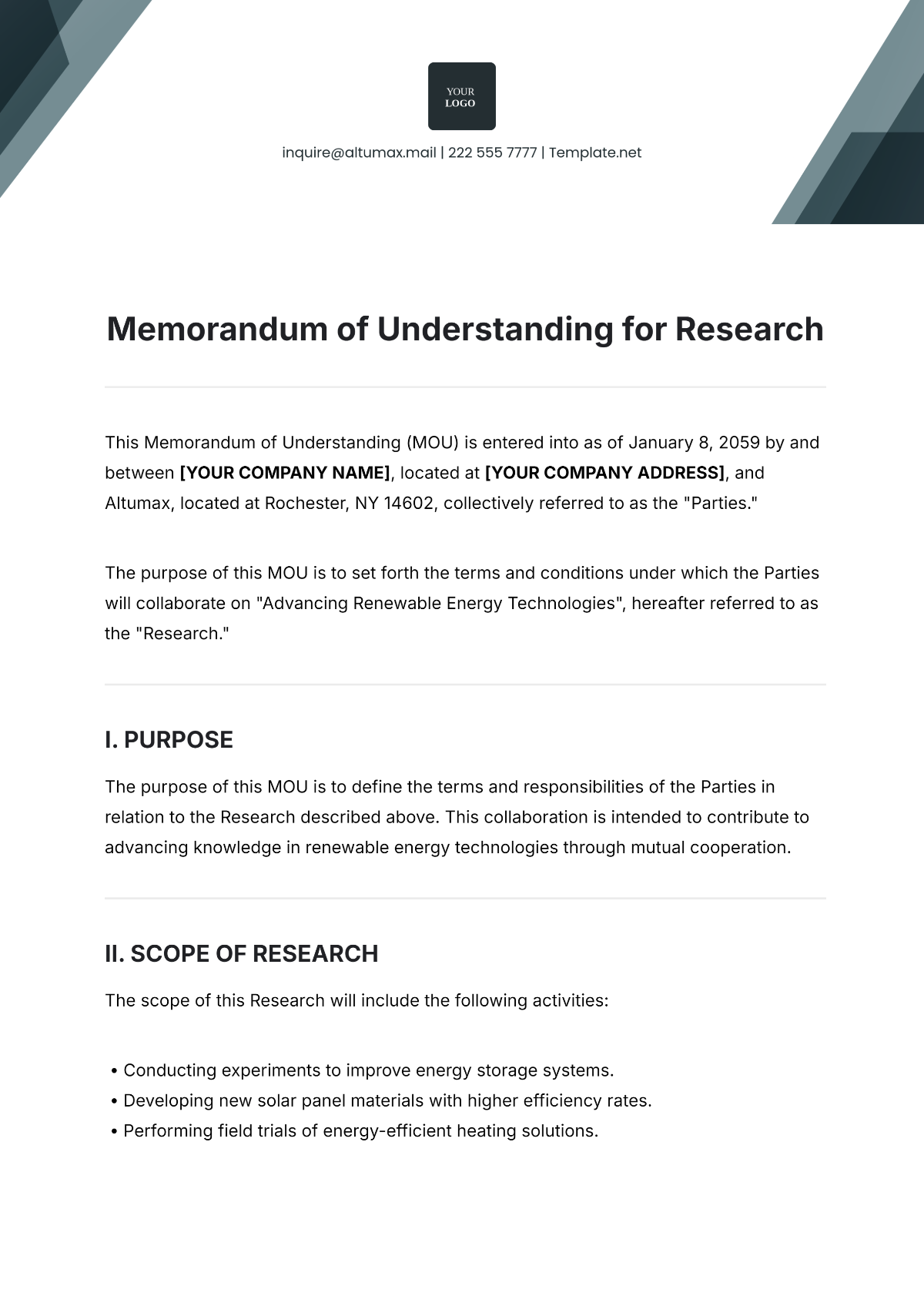Structuralism Explanatory Research
Researcher: [Your Name]
Date: [Date]
I. Abstract
Structuralism explanatory research delves into the foundational structures shaping human behavior, social phenomena, and cultural practices. Utilizing the principles of structuralism, this research seeks to elucidate how these underlying frameworks influence various aspects of life. This paper explores the theoretical underpinnings of structuralism and its application in explanatory research, employing a case study approach to comprehensively analyze its implications. The findings underscore the importance of these structures in guiding individual and collective behaviors, providing valuable insights into the analysis of social and cultural systems.
II. Introduction
Structuralism is a theoretical approach that uncovers the fundamental structures underlying human activities and social phenomena. Emerging from linguistics and anthropology, structuralism has influenced numerous disciplines by emphasizing the interrelationships between elements within systems. Structuralism explanatory research aims to explain how these structures shape behaviors, social interactions, and cultural expressions. This research paper offers an in-depth examination of structuralism explanatory research, detailing its theoretical foundations, methodologies, and practical applications.
III. Literature Review
The concept of structuralism was initially articulated by Ferdinand de Saussure in the early 20th century. His seminal work on language as a system of signs provided the foundation for understanding structural dynamics across various domains. Claude Lévi-Strauss extended these principles to anthropology, analyzing myths, kinship networks, and social rituals as structured systems of relationships.
In the latter half of the 20th century, Roland Barthes and Jacques Lacan expanded structuralism into cultural studies and psychoanalysis, respectively. Barthes examined cultural texts as structured systems of meaning, while Lacan applied structuralist frameworks to psychoanalysis, exploring the structures of the human psyche. These contributions have shaped contemporary explanatory research, integrating structuralist approaches into fields such as sociology, psychology, and media studies.
IV. Theoretical Framework
Structuralism is based on several key principles:
Structures over Elements: The emphasis is on the relationships and rules governing the interaction of elements within a system rather than focusing solely on the individual elements themselves.
Binary Oppositions: Structures often revolve around pairs of opposites that create meaning through their differences (e.g., hero/villain, success/failure).
Systemic Nature: Systems are seen as interrelated wholes, where altering one part affects the entire structure.
Underlying Patterns: Identifying recurring patterns and rules is crucial for understanding how meaning is constructed within systems.
These principles guide structuralism explanatory research by highlighting how structures emerge, persist, and influence various aspects of human life.
V. Methods
Structuralism explanatory research employs a variety of methodologies to uncover and analyze underlying structures:
Content Analysis: This involves examining texts, media, and cultural artifacts to identify recurring themes and structural patterns.
Comparative Analysis: Comparing similar structures across different cultures or historical periods to uncover universal and culturally specific patterns.
Discourse Analysis: Analyzing communication patterns to reveal the underlying rules and structures influencing discourse.
Ethnographic Studies: Observing and documenting social practices and interactions to uncover implicit structures.
Case studies play a crucial role, providing detailed insights into specific instances of structural analysis and explanatory frameworks.
VI. Analysis
A case study of traditional American folklore illustrates the application of structuralism explanatory research by deconstructing myths and legends to reveal underlying binary oppositions, such as hero/villain and good/evil. For example, in the tale of Paul Bunyan, these oppositions highlight themes of courage and perseverance. Content analysis of such folklore uncovers recurring structural elements that reinforce cultural norms and societal expectations, demonstrating how these narratives propagate values like hard work and integrity through their structured storytelling.
Comparative analysis of folklore across different cultures further enriches this understanding by highlighting both universal themes and culturally specific elements. By comparing American folklore with narratives from other cultures, researchers can identify shared motifs and unique variations. Discourse analysis of contemporary storytelling practices, such as media adaptations and community storytelling, reveals how traditional structures continue to shape modern social behaviors and values, providing a comprehensive view of the enduring influence of folklore on cultural norms.
VII. Conclusion
Structuralism explanatory research offers significant insights into the hidden frameworks that shape human behavior, social phenomena, and cultural practices. By employing diverse analytical methods and drawing from rich theoretical foundations, this research elucidates the complex interplay of elements within systems. The findings contribute to a deeper understanding and analysis of cultural and social systems, offering valuable perspectives for multiple disciplines. Future research can build on these insights to further explore the dynamic nature of underlying structures in various contexts.
VIII. References
Barthes, R. (2051). Mythologies Revisited. New Horizons Press.
Lacan, J. (2055). Ecrits: The Extended Edition. Insight Publishing.
Lévi-Strauss, C. (2052). Structural Anthropology: New Perspectives. Classic Academic Press.
Saussure, F. de (2050). Course in General Linguistics: A Modern Interpretation. Future Linguistics Press.

















































